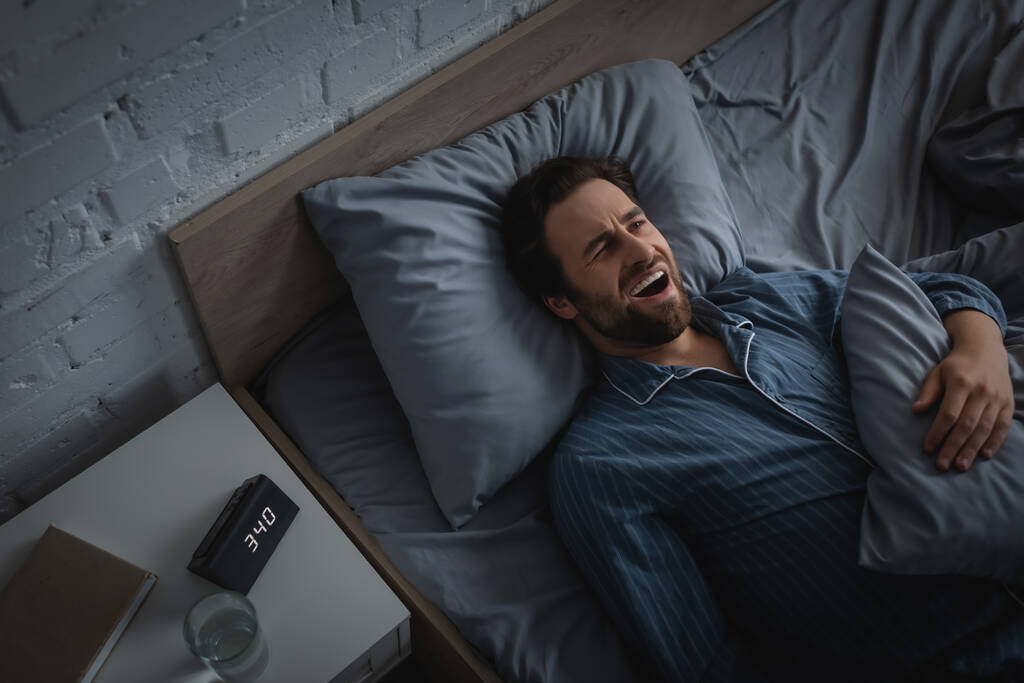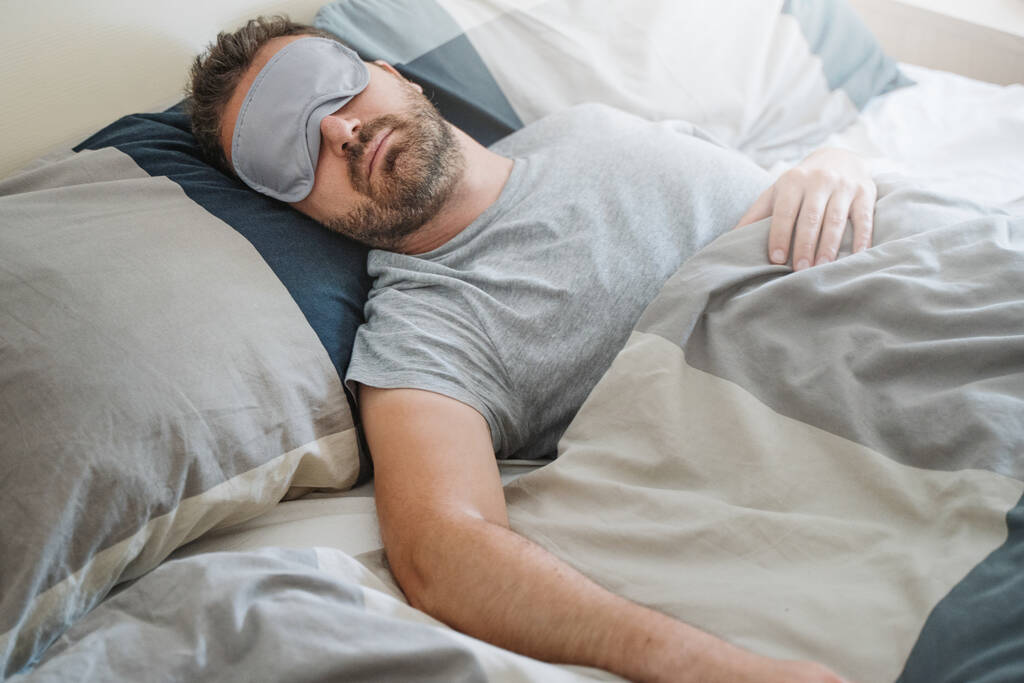Sleep Disorder: Sleep Aid Explained
September 13, 2023

Welcome to the realm of slumber, where we'll embark on a whimsical journey to understand sleep disorders and the magical world of sleep aids. Buckle up, dear reader, as we dive into the depths of the night, exploring the mysteries of sleep and the tools we use to conquer sleep disorders.
Now, you might be wondering, "What's a sleep disorder?" or "What's a sleep aid?" Well, fear not, for we're about to unravel these mysteries. So, grab a cup of chamomile tea, snuggle up in your favorite blanket, and let's start our journey into the world of sleep.

Understanding Sleep Disorders
Imagine you're trying to cross the bridge to the Land of Nod, but there's a pesky troll blocking your way. That, dear reader, is what we call a sleep disorder. It's a condition that disrupts your sleep, making it difficult for you to get the rest you need. But don't worry, we're not leaving you alone with that troll!
There are many types of sleep disorders, from the elusive insomnia, the sleepwalking wanderer, to the loud and boisterous sleep apnea. Each has its own unique characteristics and challenges, but all of them share one thing in common: they keep you from getting a good night's sleep.
The Elusive Insomnia
Insomnia is like that friend who always shows up uninvited and overstays their welcome. It's characterized by difficulty falling asleep or staying asleep, even when you have the chance to do so. People with insomnia can feel dissatisfied with their sleep and usually experience fatigue, low energy, difficulty concentrating, mood disturbances, and decreased performance in work or at school.
But don't despair, dear reader! There are many ways to tame this unruly guest, from practicing good sleep hygiene to using sleep aids. We'll explore these solutions in more detail later on.
The Sleepwalking Wanderer
Sleepwalking, also known as somnambulism, is a behavior disorder that originates during deep sleep and results in walking or performing other complex behaviors while asleep. It's like going on an adventure in your sleep, but without the fun and with a lot of potential for injury.
While sleepwalking is more common in children, it can also occur in adults, especially if they're sleep deprived, stressed, or intoxicated. But don't worry, there are ways to manage this disorder and keep the sleepwalker safe.
Enter the Sleep Aids
Now that we've met the trolls that can block our path to the Land of Nod, let's introduce the heroes of our story: the sleep aids. These are tools, medications, and practices that can help us overcome sleep disorders and get the rest we need.
There are many types of sleep aids, from the natural remedies like chamomile tea and lavender oil, to the more medical solutions like sleeping pills and CPAP machines. Each has its own strengths and weaknesses, and it's important to choose the right one for your specific needs.
Natural Sleep Aids
Natural sleep aids are like the gentle fairies of the sleep world. They use natural substances and practices to help you relax and fall asleep. These include herbal teas, essential oils, and practices like meditation and yoga.
While natural sleep aids can be very effective, they're not a cure-all solution. They work best in combination with good sleep hygiene and a healthy lifestyle. So, don't rely solely on that chamomile tea to get you to sleep!
Medical Sleep Aids
Medical sleep aids are like the knights in shining armor of the sleep world. They use medication and medical devices to help you overcome sleep disorders. These include sleeping pills, CPAP machines for sleep apnea, and even surgery in severe cases.
While medical sleep aids can be very effective, they also come with potential side effects and risks. It's important to use them under the supervision of a healthcare professional and to explore other options like lifestyle changes and natural remedies.
Choosing the Right Sleep Aid
Now that we've met our heroes, the sleep aids, it's time to choose the right one for you. This is a crucial step, as the right sleep aid can make all the difference in your journey to the Land of Nod.
Choosing the right sleep aid depends on many factors, including the type and severity of your sleep disorder, your overall health, and your personal preferences. It's a decision that should be made in consultation with a healthcare professional, so don't be shy about seeking help!
Consulting a Healthcare Professional
When choosing a sleep aid, it's important to consult a healthcare professional. They can help you understand your sleep disorder, evaluate the different sleep aids, and choose the one that's right for you.
Remember, dear reader, that while sleep aids can be very helpful, they're not a substitute for good sleep hygiene and a healthy lifestyle. So, make sure to also work on those aspects of your sleep health!
Trying Different Sleep Aids
Choosing a sleep aid can be a process of trial and error. What works for one person might not work for another, so don't be discouraged if the first sleep aid you try doesn't work. Keep trying different options until you find the one that works for you.
Remember, the goal is to find a sleep aid that helps you get the rest you need without causing unwanted side effects. So, don't settle for a sleep aid that doesn't meet these criteria.

Conclusion
And with that, dear reader, we've reached the end of our journey into the world of sleep disorders and sleep aids. We hope that this guide has helped you understand these complex topics and that you're now better equipped to conquer your sleep challenges.
Remember, sleep is a vital part of our health and well-being, so don't neglect it. Seek help if you're struggling with sleep disorders, and don't be afraid to try different sleep aids until you find the one that works for you. Sweet dreams!

 Back to Blog
Back to Blog